We have much more to do and your continued support is needed now more than ever.
Scientist Confirm Asian Carp Are Major Threat to the Great Lakes
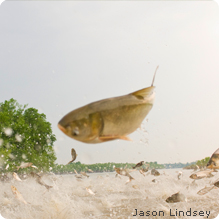 Today, leading Great Lakes scientists announced a new report that examines the extent of the Asian carp threat in the Great Lakes.
Today, leading Great Lakes scientists announced a new report that examines the extent of the Asian carp threat in the Great Lakes.
Asian carp are a huge threat to the Great Lakes and this report shows just how critical we must act immediately to protect the Great Lakes.
The scientist published their report in the International Association of Great Lakes Research and essentially compiles all the existing scientific research on the impact of Asian carp to the Great Lakes.
The science tells us:
- The electrical barrier systems aimed to block passage of invasive species via Chicago Waterway System to and from the Great Lakes and the Mississippi River are ineffective. Richard Sparks, Senior Scientist, National Great Rivers Research and Education Center, pointed out that the barrier system is subject to constant maintenance, can be compromised in major storm events, and does not repel larvae, eggs and/or fry. Alarmingly, he indicated that a radio tagged adult Asian Carp in April of 2003 was able to breach the electrical barrier by floating adjacent to a steel barge while passing through the barrier;
- The Great Lakes are a prime home for Asian Carp, providing all the habitat, food and temperature requirements needed to thrive. Read what the science tells us about the impacts of Asian carp;
- We have time to act, but if we don’t act now…the costs will be much higher.
They also go on to debunk misconceptions about the impact of Asian carp on the Great Lakes and conclude that the only solution is to physically separate the Great Lakes and Mississippi River basins to prevent the further spread of harmful invasive species.
The authors are publishing the paper describing the latest science on Asian carp now in hopes of telling the full truth on the impact of Asian Carp to our Great Lakes and the impact of all invasive species that transfer between the Great Lakes and Mississippi River.
The science is in. The time for talk is over. It’s time to act on what the scientist are telling us and get to work protecting the Great Lakes and Mississippi River from harmful invasive species and the environmental and economic harm they bring.











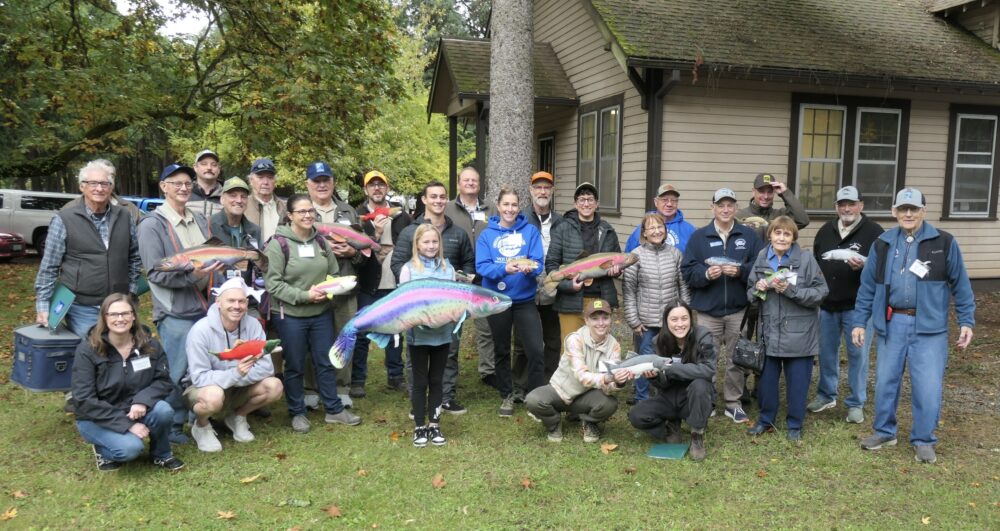
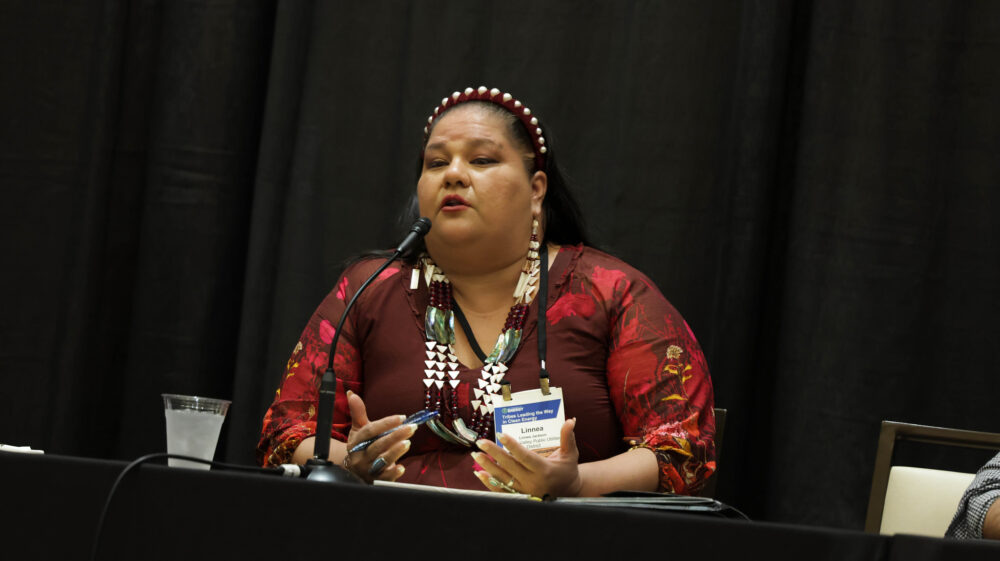
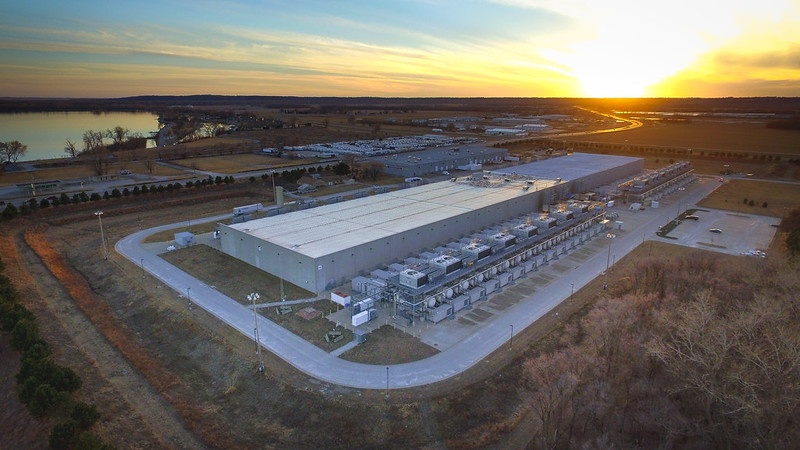


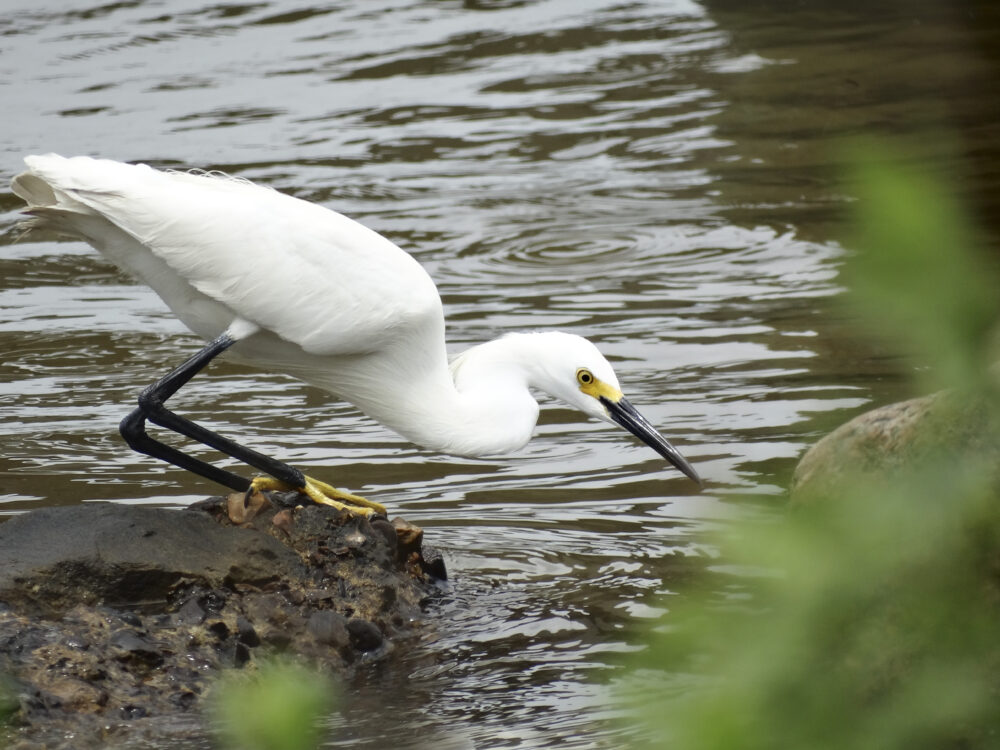




Building Momentum: What’s Next for Beaver Conservation in Colorado